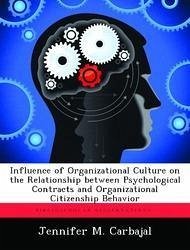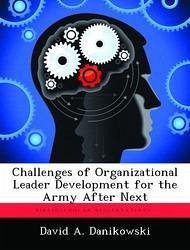Nicht lieferbar

Spouse Influence in Army Organizational Change
Versandkostenfrei!
Nicht lieferbar
Commanders and other leaders in the Army must constantly consider how their organization is changing and how it must change to remain relevant and effective in its combat roles. When planning and conducting an organizational change, these commanders must create readiness for the change (RFC). The Armenakis and Harris revisions to the Lewin organizational change model describe the need for a leader to create RFC through a five-domain change message that includes the domains of discrepancy, efficacy, personal valence, principal support, and appropriateness. While all of the domains are important...
Commanders and other leaders in the Army must constantly consider how their organization is changing and how it must change to remain relevant and effective in its combat roles. When planning and conducting an organizational change, these commanders must create readiness for the change (RFC). The Armenakis and Harris revisions to the Lewin organizational change model describe the need for a leader to create RFC through a five-domain change message that includes the domains of discrepancy, efficacy, personal valence, principal support, and appropriateness. While all of the domains are important, this study will focus on that of principal support, which requires that many people in the organization such as both formal and informal leaders must demonstrate their support for the change through their words and actions. Specifically, the study examines the principal support role that Army spouses play in organizational change efforts. While there is increasing discussion of family in contemporary literature, most of this discussion focuses either on how family problems affect worker productivity or on how companies can offer benefits that will make a worker's family life easier. Recent evidence indicates that Army leadership has recognized this phenomenon through actions such as creating the Army Family Covenant and by renewing emphasis on family programs to help increase commitment from soldiers. Army leaders are taking measures to ensure soldiers'; families are well-cared for, especially as soldiers spend more time away from home. Despite this recognition of how important family life is to employees and soldiers, there is little research into how spouses influence the organization. Similarly, there is far less evidence of direct and deliberate measures to educate spouses about changes that are occurring in the Army in an effort to generate principal support for the changes. The concept of margin in life (MIL), a model used in adult learning is also useful when consider











